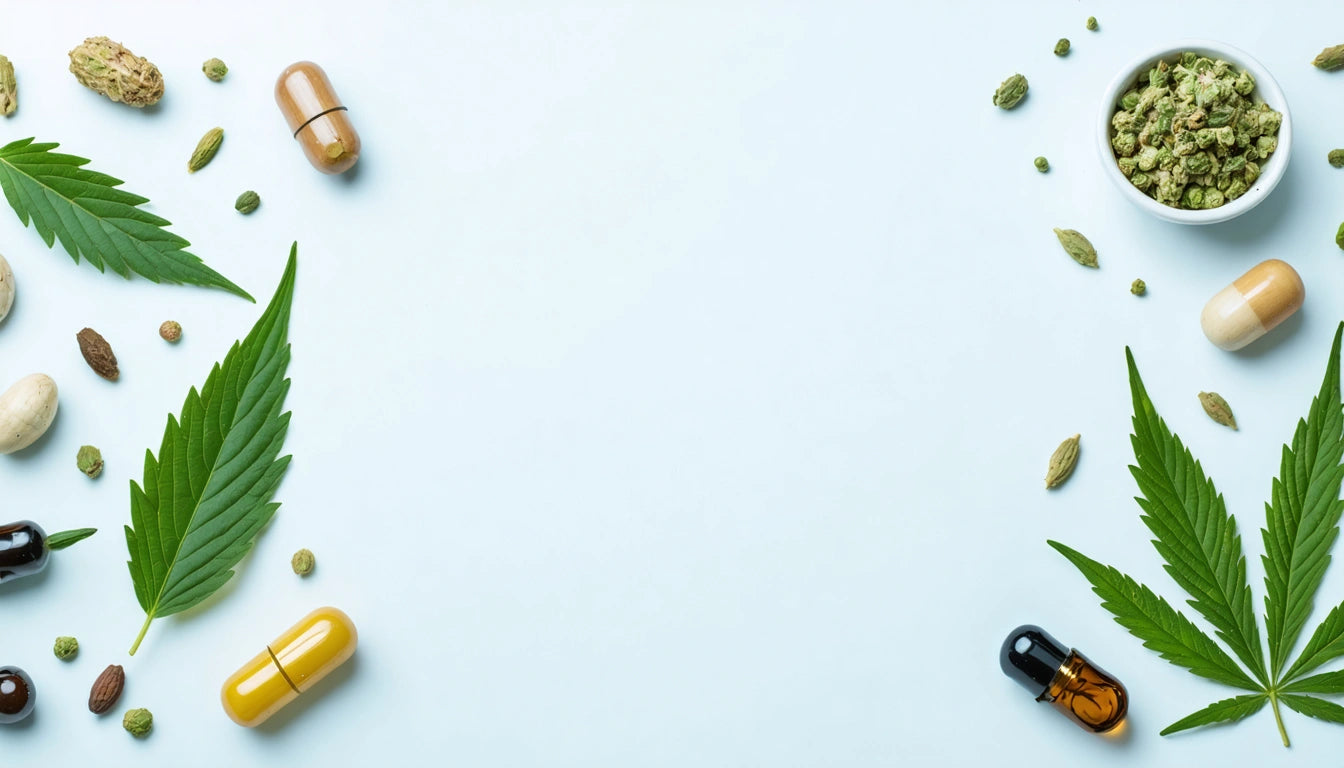Table of Contents
How Does Smoking Weed Affect Testosterone Levels?
The relationship between cannabis use and hormone production has become an increasingly important topic as marijuana legalization expands across the United States. One common question among male cannabis users is whether smoking weed lowers testosterone levels. This article examines the current scientific understanding of how cannabis consumption may affect this crucial hormone.
Understanding Testosterone and Its Importance
Testosterone is the primary male sex hormone responsible for developing male reproductive tissues and promoting secondary sexual characteristics like increased muscle mass, bone density, and body hair growth. Beyond physical development, testosterone influences energy levels, mood regulation, cognitive function, and sexual health.
Normal testosterone levels in adult males typically range between 300-1,000 nanograms per deciliter (ng/dL). Levels below this range can lead to symptoms including fatigue, reduced muscle mass, increased body fat, decreased libido, and mood disturbances.
Cannabis Components and Their Biological Effects
Cannabis contains over 100 cannabinoids, with delta-9-tetrahydrocannabinol (THC) and cannabidiol (CBD) being the most studied. These compounds interact with the body's endocannabinoid system, which plays a role in regulating various physiological processes, including hormone production.
The endocannabinoid system has receptors throughout the body, including in the hypothalamus and pituitary gland, which control hormone release. This anatomical relationship suggests a potential pathway for cannabis to influence testosterone production.
Research Findings on Cannabis and Testosterone
Short-term Effects
Several studies suggest that acute cannabis use may temporarily reduce testosterone levels. A 2015 study published in the American Journal of Epidemiology found that current marijuana users had slightly lower testosterone levels compared to non-users. However, these differences were relatively small and often within the normal range.
Long-term Effects
Research on chronic cannabis use shows more consistent effects. A comprehensive review in the Journal of Clinical Pharmacology indicated that regular, heavy cannabis use was associated with reduced testosterone levels in men. However, these effects appear to be reversible when cannabis use is discontinued.
It's worth noting that cannabis can remain detectable in your system for weeks after use, potentially extending its hormonal effects beyond the immediate consumption period.
Consumption Methods and Their Varying Effects
The method of cannabis consumption may influence its impact on testosterone levels. When using pre-rolled custom cones or other smoking methods, cannabinoids enter the bloodstream rapidly through the lungs, potentially causing more immediate hormonal effects compared to edibles, which have a slower onset and more prolonged duration.
Vaporizing cannabis may deliver high concentrations of THC with fewer combustion byproducts, but research specifically comparing different consumption methods and their hormonal impacts remains limited.
Frequency and Dosage Factors
The relationship between cannabis use and testosterone appears dose-dependent. Occasional users typically show minimal hormonal changes, while daily, heavy users demonstrate more significant effects.
A 2022 study in the Journal of Clinical Endocrinology & Metabolism found that men who used cannabis more than once weekly showed lower testosterone levels than non-users or infrequent users. However, even among heavy users, testosterone levels typically remained within clinically normal ranges for most participants.
For those concerned about potential hormonal effects, understanding how long THC remains in your system can help inform usage patterns.
Other Factors That May Influence Outcomes
- Age: Older men may experience more pronounced effects due to naturally declining testosterone levels
- Overall health status: Pre-existing conditions can amplify hormonal changes
- THC concentration: Higher potency products may cause stronger effects
- Individual metabolism: Personal differences in how cannabinoids are processed
- Concurrent substance use: Alcohol and other drugs may compound effects
It's important to note that cannabis compounds can be detected in blood tests, which may be relevant for those undergoing hormone level testing.
Recommendations for Cannabis Users Concerned About Hormonal Health
For cannabis users concerned about potential effects on testosterone, several practical approaches may help minimize impacts:
- Consider moderation in frequency and dosage
- Choose products with balanced THC:CBD ratios, as CBD may mitigate some THC effects
- Maintain overall health through regular exercise, proper nutrition, and adequate sleep
- Consider periodic breaks from cannabis use to allow hormonal systems to reset
- If experiencing symptoms of low testosterone, consult a healthcare provider
For those subject to drug testing, be aware that even secondhand cannabis exposure could potentially influence test results, though its impact on testosterone levels would likely be negligible.
The current body of evidence suggests that while smoking weed may lower testosterone levels to some degree, particularly with heavy use, these effects are typically moderate, often within normal clinical ranges, and generally reversible. As cannabis research continues to evolve, our understanding of these interactions will likely become more nuanced.
If you're concerned about how cannabis might be affecting your hormonal health, consulting with a healthcare provider who is knowledgeable about cannabis can provide personalized guidance based on your specific situation.











Leave a comment
All comments are moderated before being published.
This site is protected by hCaptcha and the hCaptcha Privacy Policy and Terms of Service apply.